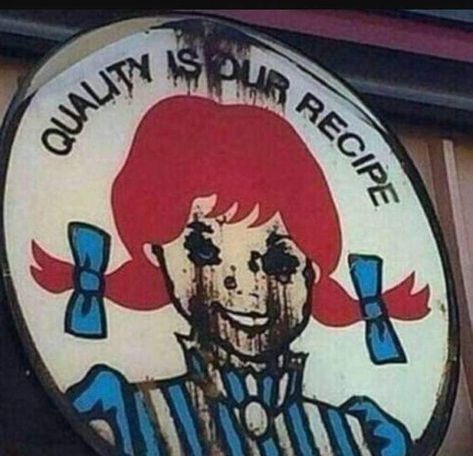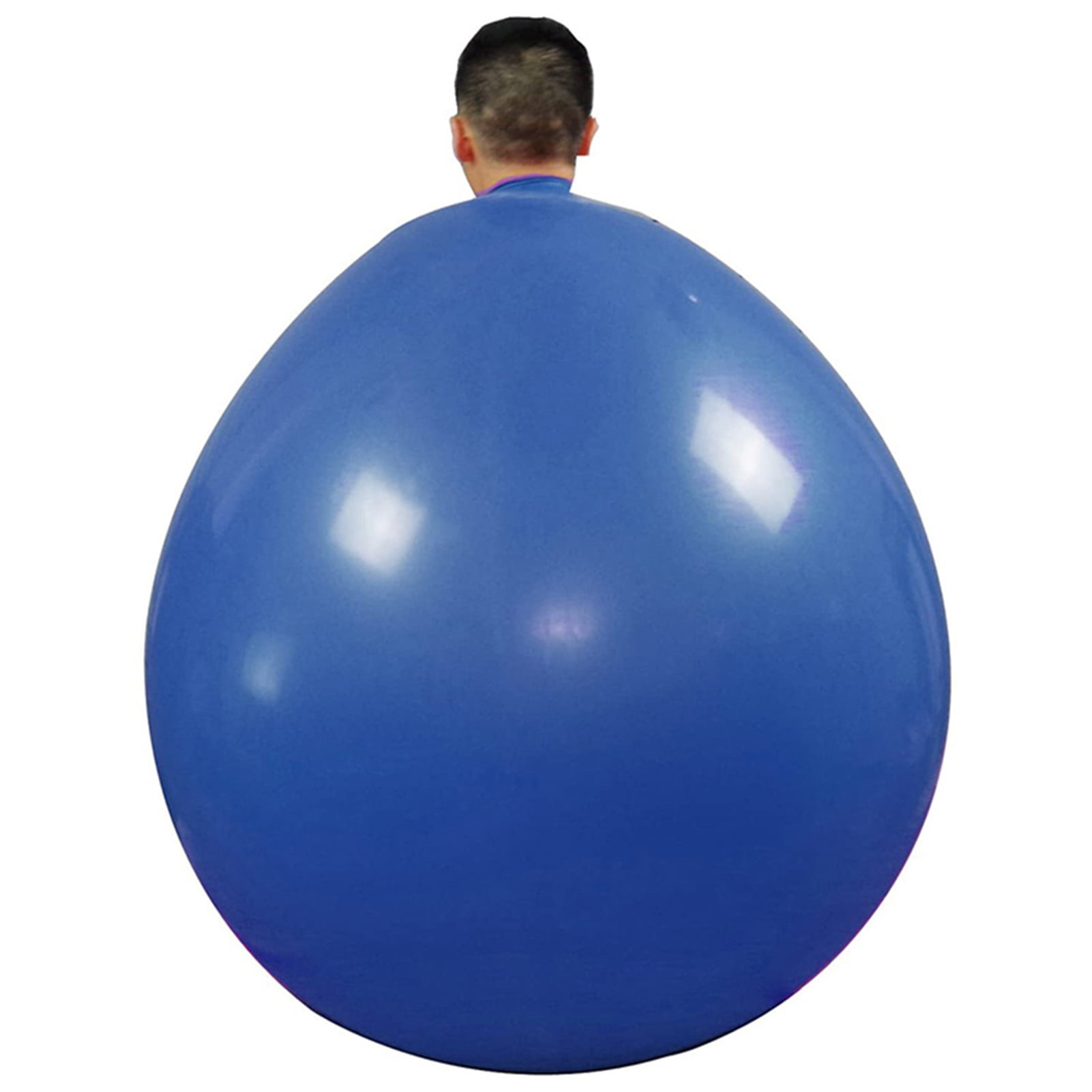Ashley Summers was on vacation with her family when she died from a rare complication caused by her sodium levels dropping rapidly
A Monticello, Indiana, mom of two has died after drinking too much water too quickly in a rare, but fatal case of “water toxicity.”
Ashley Summers, 35, was on vacation with her family on Lake Freeman over Fourth of July weekend when she landed in the hospital, according to a report on WRTV.
“They were out on the boat all weekend long,” her older brother, Devon Miller, told the news station. “She loved being on the water. She loved being on the lake.”
On Tuesday, July 4, Summers had reportedly felt dehydrated, saying she had a headache and felt lightheaded.
That’s when she began drinking a lot of water — in a short period of time.
“Someone said she drank four bottles of water in that 20 minutes. I mean, an average water bottle is like 16 ounces, so that was 64 ounces that she drank in the span of 20 minutes. That’s half a gallon,” said Miller.
According to the Mayo Clinic, women should consume about 2.7 liters of fluids a day — about 91 ounces — with 20% of that coming from food.
When Summers got home, she passed out in her garage — and never regained consciousness.
“My sister, Holly, called me, and she was just an absolute wreck. She was like ‘Ashley is in the hospital. She has brain swelling, they don’t know what’s causing it, they don’t know what they can do to get it to go down, and it’s not looking good,’” said Miller.
The cause: Hyponatremia — also known as water toxicity, which occurs when the amount of sodium in your blood is “abnormally low” according to the Mayo Clinic.
“Drinking too much water [can] cause the sodium in your body to become diluted. When this happens, your body’s water levels rise, and your cells begin to swell,” the Mayo Clinic adds.
And for Summers, drinking too much water proved fatal.
“It was a shock to all of us when they first started talking about water toxicity. And it was like, ‘This is a thing?’” Miller told WRTV.
While rare, water toxicity can be fatal. The Cleveland Clinic cautions that some underlying medical conditions, and consuming alcohol — particularly beer — can increase your risk of it.
Also called “water intoxication,” the Nation Institute of Health noted that “early detection is crucial to prevent severe hyponatremia, which can lead to seizures, coma, and death.”
The Harvard School of Public Health noted that while athletes and those with kidney problems are more prone to hyponatremia, “women and children are also more susceptible to hyponatremia because of their smaller body size.”
Hypo, meaning low.
Na, the chemical symbol for sodium.
Emia, meaning low presence in blood.
Hypo-na-tremia, low sodium presence in blood.
Na, the chemical symbol for sodium.
Forgive my ackshualee-ing, but the “natr” part in hyponatremia comes from natrium, the Latin word for sodium.
ackshualee-ing acceptable
Devastate him.

Shit, I knew you had to be careful with water toxicity with kids, but I didn’t really think about dangers to adults too. It’s hot out there folks, be careful!
Holy shit half a gallon? I had no idea you could just die from that little water
she had to have been pretty light, right? that’s a crazy small amount of water for poisoning
I think that’s gotta be part of it. I’m also maybe thinking that the thing that was making her feel sick initially was low sodium or too much water, and she maybe confused it with like a dehydration migraine or something. So maybe the half gallon tipped it into deadly territory? Fucked up
Drink electrolytes when you’re sweating a lot
Pretty unsettling, I regularly work outside in the summer and drink a lot of water without replenishing salts, maybe it’s just as simple as stirring a tablespoon into a gallon or sth
I’m sure if you eat food along with hydrating you also replenish the sodium
All I can picture is a Fanny pack with hot dogs in it lol
Hotdog fanny pack sounds like a sex act.
Also, drinking the water over the course of a few hours so you’re sweating and peeing a bunch out throughout the day
This is fucking horrible.
First time I ever heard of water intoxication was “wee for wii” https://www.cbsnews.com/news/jennifer-stranges-family-awarded-165-million-in-wee-for-wii-contest-death/
Jennifer Strange, a 28-year-old Rancho Cordova, Calif. mother of three, died of acute water intoxication in January, 2007 after the challenge to see which contestant could drink the most water without using the restroom. A Nintendo Wii video game was the prize for winning the “Hold Your Wee for a Wii” contest.
I first heard about it with that story too, and I never thought it could happen willingly. I thought you’d have to really try and ignore all your body signals for it to happen.
This one is scarier because it wasn’t a dumb challenge, she was just thirsty and her body didn’t make her stop.
deleted by creator
More deadly. Hyponatremia is more deadly than dehydration.
This almost happened to some friends of mine while working at a summer camp in a heat wave. Luckily the food there is loaded with sodium so nothing serious happened. It’s a real tricky one because the early symptoms are similar to those of heat exhaustion.
remember folks, if you need to get hydrated, drink water in small amounts at a time, spread out throughout the day
I see so many people make the mistake of not drinking water all day and then suddenly remembering they need to hydrate and downing a big glass of water and thinking they’ll be good, but that’s not how hydration works.
Have you been spying on me?
deleted by creator
deleted by creator
Surprised not to see this already, but careful when you’re rolling. One of the ways people die from this is, they’re concerned about dehydration when they’re dancing for hours and hours so they drink too much water to compensate.
During the height of the Ecstasy scare, when everyone was chugging 3 litres a day because the media taught them that it would kill you immediately if dehydrated a lot of kids were hospitalised. Most lived, since if you’re healthy your body will usually manage with a bit of help and paramedics were around.
I get acid reflux if I drink over one liter of water, how do you just keep going after that
deleted by creator
Weird. That almost exclusively happens to people doing stupid tiktok challenges.
died drinking what she loved being on, rip in peace.
deleted by creator
Fuck! I can’t ever read the Mayo Clinic while being serious again.

















